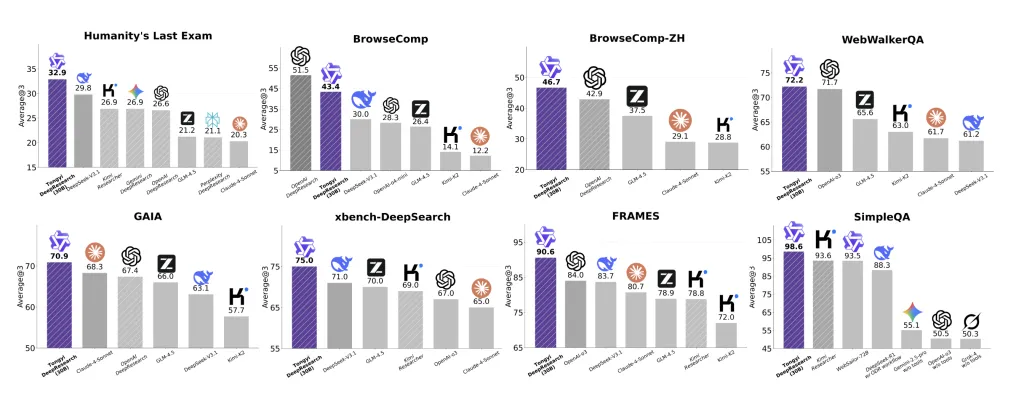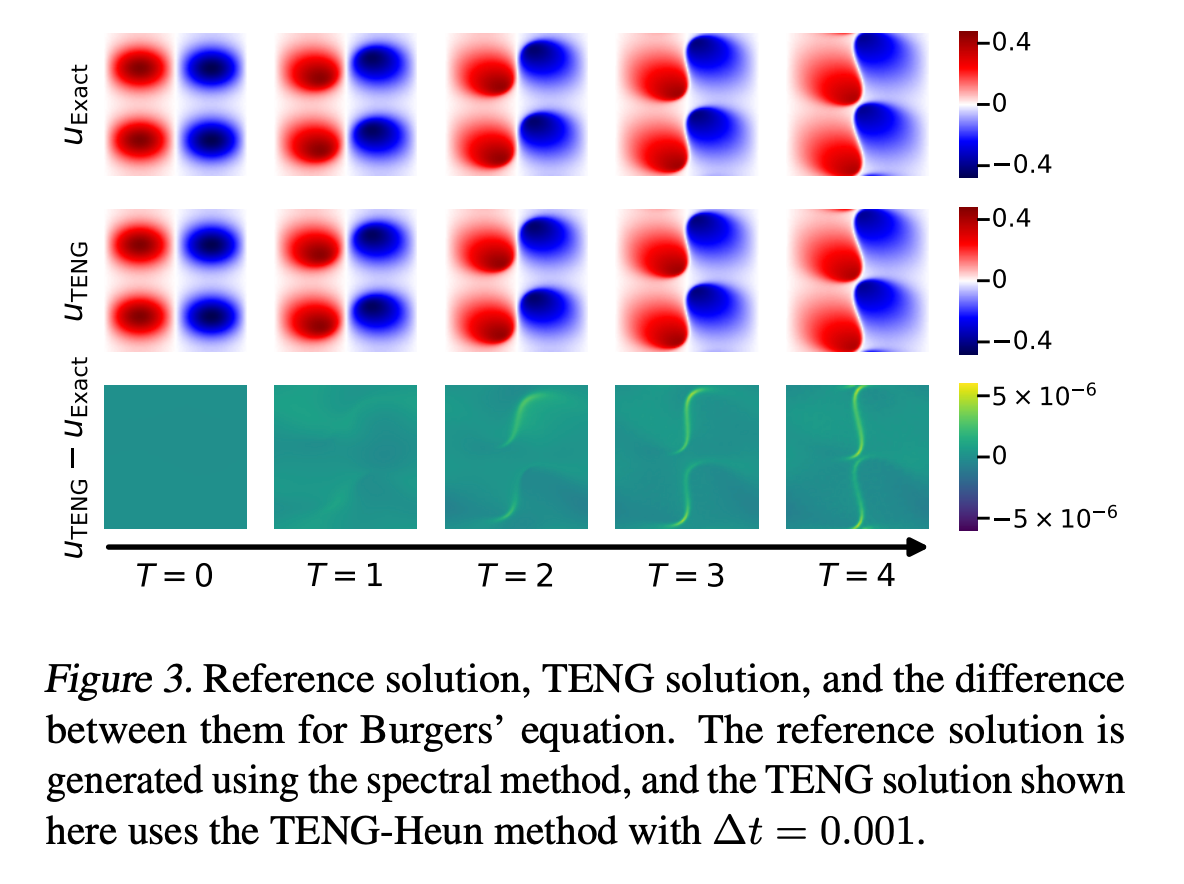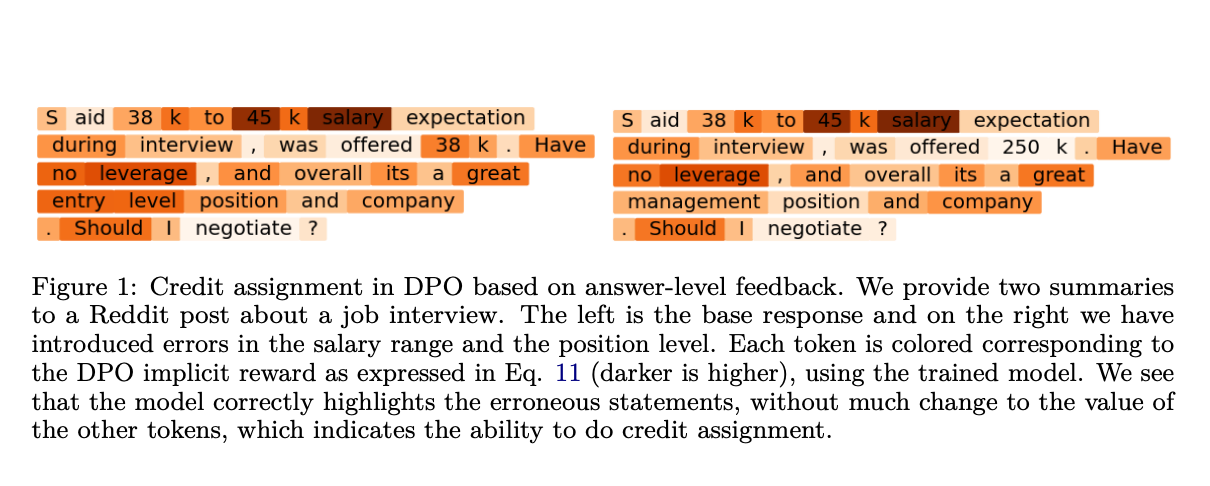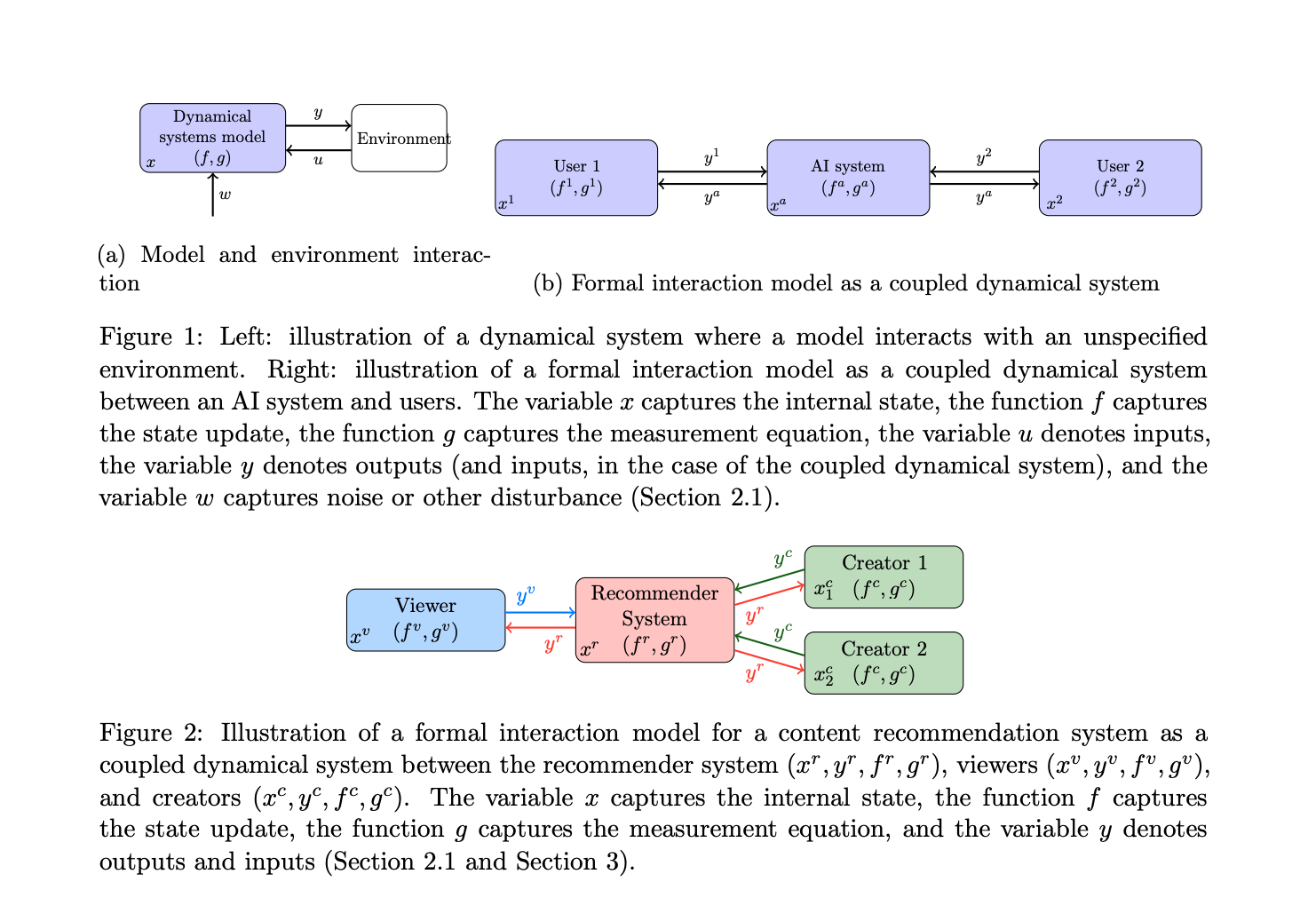Alibaba Releases Tongyi DeepResearch: A 30B-Parameter Open-Source Agentic LLM Optimized for Long-Horizon Research

Alibaba’s Tongyi Lab has open-sourced Tongyi-DeepResearch-30B-A3B, an agent-specialized large language model built for long-horizon, deep information-seeking with web tools. The model uses a mixture-of-experts (MoE) design with ~30.5B total parameters and ~3–3.3B active per token, enabling high throughput while preserving strong reasoning performance. It targets multi-turn research workflows—searching, browsing, extracting, cross-checking, and synthesizing evidence—under ReAct-style tool use and a heavier test-time scaling mode. The release includes weights (Apache-2.0), inference scripts, and evaluation utilities.
What the benchmarks show?
Tongyi DeepResearch reports state-of-the-art results on agentic search suites frequently used to test “deep research” agents:
- Humanity’s Last Exam (HLE): 32.9,
- BrowseComp: 43.4 (EN) and 46.7 (ZH),
- xbench-DeepSearch: 75,
with additional strong results across WebWalkerQA, GAIA, FRAMES, and SimpleQA. The team finds the system as on par with OpenAI-style deep research agents and “systematically outperforming existing proprietary and open-source” agents across these tasks.


Architecture and inference profile
- MoE routing (Qwen3-MoE lineage) with ≈30.5B total / ≈3.3B active parameters, giving the cost envelope of a small dense model while retaining specialist capacity.
- Context length: 128K tokens, suitable for long, tool-augmented browsing sessions and iterative synthesis.
- Dual inference modes:
- ReAct (native) for direct evaluation of intrinsic reasoning and tool use,
- IterResearch “Heavy” mode for test-time scaling with structured multi-round synthesis/reconstruction of context to reduce noise accumulation.
Training pipeline: synthetic data + on-policy RL
Tongyi DeepResearch is trained end-to-end as an agent, not just a chat LLM, using a fully automated, scalable data engine:
- Agentic continual pre-training (CPT): large-scale synthetic trajectories built from curated corpora, historical tool traces, and graph-structured knowledge to teach retrieval, browsing, and multi-source fusion.
- Agentic SFT cold-start: trajectories in ReAct and IterResearch formats for schema-consistent planning and tool use.
- On-policy RL with Group Relative Policy Optimization (GRPO), token-level policy gradients, leave-one-out advantage estimation, and negative-sample filtering to stabilize learning in non-stationary web environments.
Role in document and web research workflows
Deep-research tasks stress four capabilities: (1) long-horizon planning, (2) iterative retrieval and verification across sources, (3) evidence tracking with low hallucination rates, and (4) synthesis under large contexts. The IterResearch rollout restructures context each “round,” retaining only essential artifacts to mitigate context bloat and error propagation, while the ReAct baseline demonstrates that the behaviors are learned rather than prompt-engineered. The reported scores on HLE and BrowseComp suggest improved robustness on multi-hop, tool-mediated queries where prior agents often over-fit to prompt patterns or saturate at low depths.
Key features of Tongyi DeepResearch-30B-A3B
- MoE efficiency at scale: ~30.5B total parameters with ~3.0–3.3B activated per token (Qwen3-MoE lineage), enabling small-model inference cost with large-model capacity.
- 128K context window: long-horizon rollouts with evidence accumulation for multi-step web research.
- Dual inference paradigms: native ReAct for intrinsic tool-use evaluation and IterResearch “Heavy” (test-time scaling) for deeper multi-round synthesis.
- Automated agentic data engine: fully automated synthesis pipeline powering agentic continual pre-training (CPT), supervised fine-tuning (SFT), and RL.
- On-policy RL with GRPO: Group Relative Policy Optimization with token-level policy gradients, leave-one-out advantage estimation, and selective negative-sample filtering for stability.
- Reported SOTA on deep-research suites: HLE 32.9, BrowseComp 43.4 (EN) / 46.7 (ZH), xbench-DeepSearch 75; strong results on WebWalkerQA/GAIA/FRAMES/SimpleQA.
Summary
Tongyi DeepResearch-30B-A3B packages a MoE (~30B total, ~3B active) architecture, 128K context, dual ReAct/IterResearch rollouts, and an automated agentic data + GRPO RL pipeline into a reproducible open-source stack. For teams building long-horizon research agents, it offers a practical balance of inference cost and capability with reported strong performance on deep-research benchmarks
Check out the Models on Hugging Face, GitHub Page and Technical details. Feel free to check out our GitHub Page for Tutorials, Codes and Notebooks. Also, feel free to follow us on Twitter and don’t forget to join our 100k+ ML SubReddit and Subscribe to our Newsletter.
Asif Razzaq is the CEO of Marktechpost Media Inc.. As a visionary entrepreneur and engineer, Asif is committed to harnessing the potential of Artificial Intelligence for social good. His most recent endeavor is the launch of an Artificial Intelligence Media Platform, Marktechpost, which stands out for its in-depth coverage of machine learning and deep learning news that is both technically sound and easily understandable by a wide audience. The platform boasts of over 2 million monthly views, illustrating its popularity among audiences.











